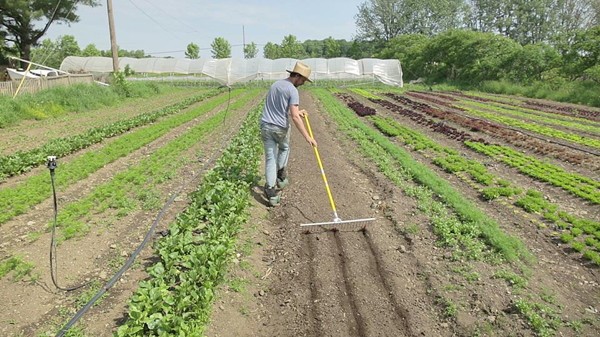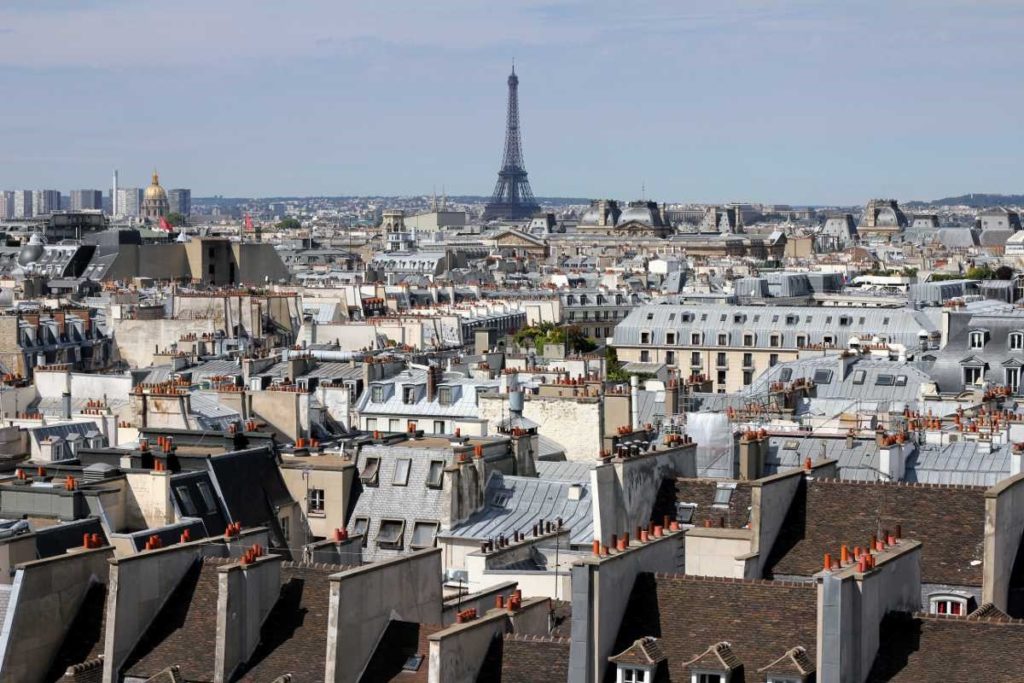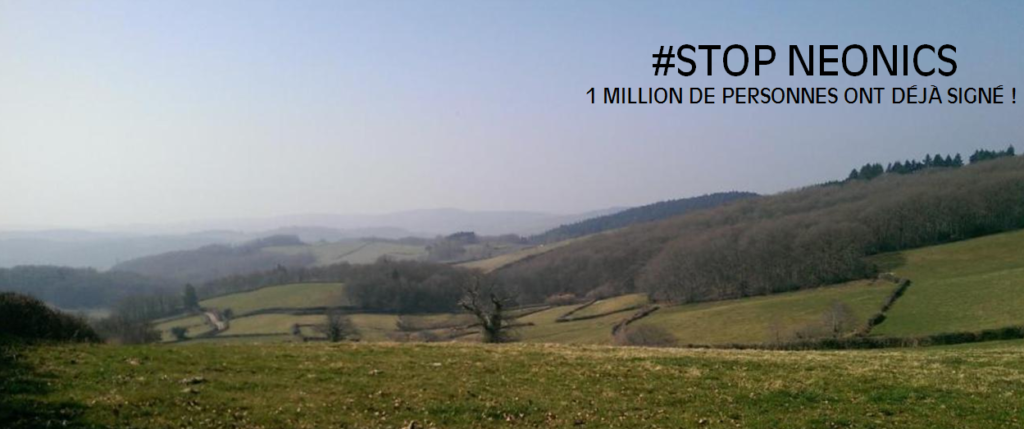Links to each candidate’s full presidential programme can be found at the end of this article.
François FILLON – a decarbonized economy.
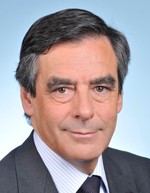
- Modernise nuclear installations, improve security.
- Decentralise electricity; government aid for local production (solar, wood, geothermal, biogas).
- Eliminate fossil fuels, develop renewables.
- Expand the present use of the chèque énergie (worth 220 euros per year, offered to households earning less than 7.700 euros per year).
- Protect oceans from intensive fishing, the countryside and humid zones/’zones humides’ from rampant urban development in favour of biodiversity.
- Support animal wellbeing, enforce controls in slaughterhouses.
- Protect bees.
- Develop smaller distribution chains to reduce carbon imprint and encourage small producers.
- Modernize the railway infrastructure, encourage use of rail for goods transport.
- Develop transport services in rural areas; modernize urban transport, better control of polluting vehicles; alternative solutions to diesel (still used in France).
- Creation of new jobs in the environment sector; encourage re-cycling.
- Higher participation of civil society and local authorities in urban planning, water, waste and transport policies and town heating schemes.

- Systematise environmental labeling; improve food labeling and traceability.
- Curb noise pollution, pollution from endocrine disruptors; prioritize tackling air pollution.
- Eliminate taxes which inhibit environmental reforms.
- Creation of a “climate and economic savings account” freely fed during years of good harvest, to be used when losses occur. Enable farmers to group together in associations with uncomplicated rules to help defend their profits. Contracts between producers and industrials to be negotiated in a legal framework.
- Support direct sales from farm to customer with a new tax credit and honour loans (“direct agricultural circuits”) without interest or guarantee. Food in this circuit can be bought with luncheon vouchers.
- Reform competition law; simplify procedures for farmers setting up their business. Repeal all regulations which have been added on top of European regulations. Defend European farmers.
- Reduce charges and taxes on all businesses, including agricultural businesses, by 35 billion €.
- Develop research and innovations programmes on the future of agriculture, particularly new biotechnologies.
- Merge the Biodiversity Agency (Agence Française pour la Biodiversité) and the National Office for Hunting and Wild Game/Office national de la Chasse et de la Faune Sauvage.
- Creation of a national programme for mountain areas to provide indemnities for natural handicaps.
Benoît HAMON – transform development.

- Stop nuclear.
- Renewables to make up 50% of energy by 2025, 100 % by 2050. Diesel phased out by 2025; develop clean vehicles and public transport – the latter to combat isolation in rural areas.
- Air and water to be written into the Constitution as a ‘bien humain’ – ‘human property’ (idea taken from US ex-presidential candidate Bernie Sanders).
- 50 % of canteens to offer bio or local farm products (as with E. Macron).
- Renovate and develop railways.
- Monitor animal well-being. Find alternatives to animal testing.
- Refuse free trade agreements, e.g. TAFTA/Trans-Atlantic Free Trade Agreement (as with M. Le Pen), and the CETA/Comprehensive Economic and Trade Agreement.
- Creation of ‘Europe de l’énergie’, a strategy for Europe on the environment based on energy independence, moderation, energy price control, reindustrialization and sovereignty.
- Favour smaller holdings through the creation of a ‘territorial conservatory’/“Conservatoire des territories” to protect
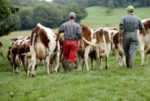 land and small farmers from monopoly of big farming businesses.
land and small farmers from monopoly of big farming businesses. - Prioritize the already existent ‘4 pour 1000’ initiative (to protect land from degradation due to climate change caused by green house gas).
- Diversify jobs in the agricultural sector (thereby avoiding desertification of the countryside).
- Develop high-band internet access in rural areas to combat isolation.
- Prohibit endocrine disruptors and phase out pesticides.
- Negotiate with Brussels to exclude small vulnerable French farms from trade negotiations, particularly concerning meat at low prices.
- Eliminate disloyal trade practices; reinforce position of farmers in the face of distributors.
- Regulate the market to stabilize prices and revenues.
- Improve farmers’ access to health care and social services.
- Re-deploy the CAP/Common Agricultural Policy grants to those who need them most.
Marine Le PEN – agriculture for healthy living.

- Maintain and modernize nuclear installations, under the aegis of EDF/Electricité de France.
- Nationalise 100% EDF/Electricité de France.
- Ban fossil fuels. Favour development of renewables (solar – made in France – biogas, wood). Moratorium on aeolians.
- State support in the research and development of French hydrogen production.
- Prohibit exploitation of shale gas/fracking.
- Prioritize housing insulation to save energy.

- Simplify administrative procedures for farmers. No tax for first few years for young farmers starting out.
- Prohibit imports of foods which do not respect French food standards.
- Promote bio agriculture, return to small manageable holdings and develop smaller distribution chains.
- Raise VAT on imported agricultural goods and lower it on French agricultural goods.
- Guarantee grants to farmers (in addition to those from Brussels) with specific criteria (e.g. to support family farming).
- Refuse free trade agreements. Will not sign the Traité transatlantique de libre échange (Tafta).
- Promote French agricultural exports with quality labeling.
- Prohibit GMOs.
- Support animal rights.
Emmanuel MACRON – will put 15 billion Euros into ecological transition.

- Reduce dependence on nuclear energy. 50% reduction by the year 2025 – with exceptions while awaiting recommendations based on scientific findings by the French nuclear safety authority, the ASN/’Autorité de Sûreté Nucléaire. Close Fessenheim.
- Abandon fossil fuels. Prohibit exploitation of shale gas/fracking (as with M. Le Pen) and hydrocarbon. Hike up carbon tax.
- Double solar and wind energy between now and 2022; encourage private investment, research and development and simplify procedures for creating renewables.
- Cut household waste by half by 2025, and achieve the use of 100 % recycled plastic.
- Tax diesel; 1000 Euros bonus for those who replace their old car (cars made before 2001) with a more ecological one. Enforce respect for European anti-pollution norms.
- School and business canteens to offer at least 50 % of bio products, local, or quality labeled ones by 2022 (as with B. Hamon).

- Progressive elimination of pesticides. To avoid conflict of interest, keep all counseling for farmers separate from the commercialization of pesticides. Creation of website on endocrine disruptors found in commercialised products.
- Ban ‘proved’ or ‘probable’/presumed endocrine disruptors – but whenever there are scientifically recognized solutions that are less toxic. See more-needs-to-be-done-endocrine-disruptors.
- Government aid to reduce heating bills; isolate houses. Replace fossil fuel production with creation of renewable and support those laid off as a consequence, helping them into new ecological jobs.
- Renovation for public buildings: 4 billion Euros. Another 4 billion for poor owners to make their homes more energy efficient. Aid for SMEs (Small and Medium Enterprises) to become more energy efficient.
- Trade sanctions against countries who do not respect the environmental clauses of European trade agreements – (thus calling the United States of America to order).
- Creation of an Agricultural Programme: offering financial aid to farmers who modernize while respecting the environment and animal wellbeing, who transfer from large to small distribution chains (reducing food miles). Battery chickens will be banned by 2022. France’s position as large scale exporter of low-cost meat will still, however, be maintained. Encourage multi-activity (no mono-crops). Revise and simplify existing farming administrative regulations. Persuade Brussels to simplify directives on farm labour. In the framework of the CAP/Common Agricultural Policy, creation of grants to increase financial aid to farmers in times of crisis.
Jean-Luc MELENCHON

The website of Jean-Luc Mélenchon does not show a Programme for 2017. He says that his 2012 Programme, available on his site, still holds. For the environment, his 2012 Programme proposes abandoning nuclear energy, and the creation of a ‘green rule’ (“règle verte”) forbidding the use of natural resources when they cannot be renewed.
Full presidential programme: Francois FILLON
Full presidential programme: Benoît HAMON
Full presidential programme: Marine LE PEN
Full presidential programme: Emmanuel MACRON
Full presidential programme (2012 for 2017): Jean-Luc MELENCHON
